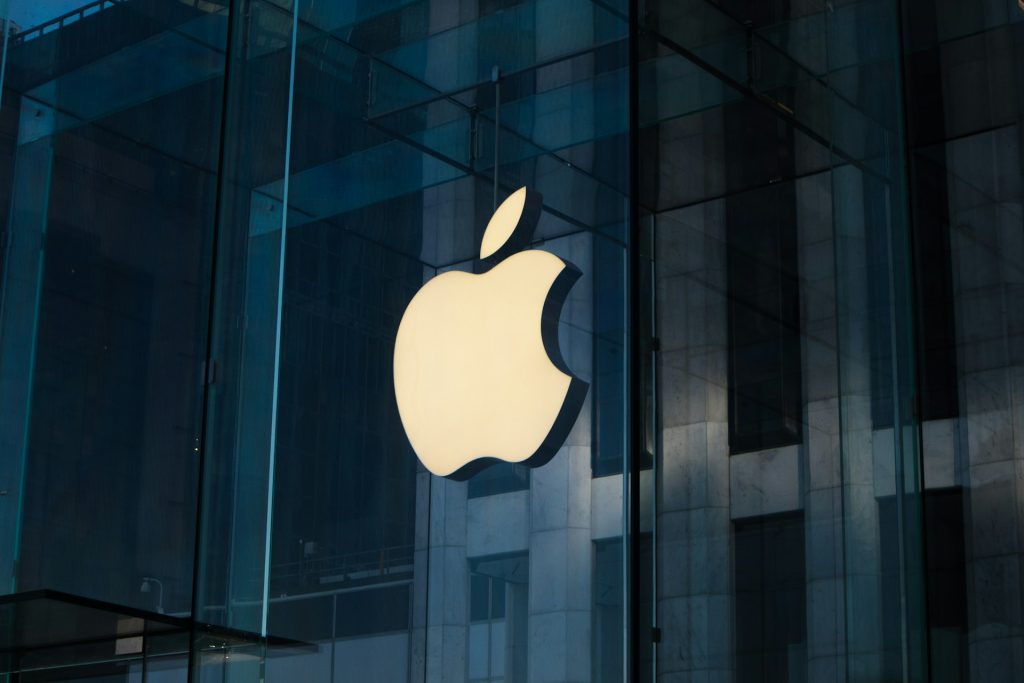Generative AI Frenzy: A Bubble Poised to Burst?
Noah Miller
|
/home/dmc/public_html/wp-content/themes/DMC/single-news.php on line 24
https://www.digitalmarketingcommunity.com/news/?newstype=">Artificial Intelligence
Silicon Valley is experiencing a surge of investment in generative artificial intelligence (AI), a technology that has captivated the global tech industry. However, experts caution that the relentless hype is inflating a bubble that is likely to burst, revealing significant problems and unmet promises.
Generative AI, which uses patterns and relationships in data to produce text, imagery, and sounds, has been at the forefront of the tech arms race since San Francisco-based OpenAI released its ChatGPT bot less than two years ago. This has led to a massive influx of venture capital and a rush by companies to integrate AI into their products and services. According to consulting firm EY, over $24 billion has been invested in generative AI, with tech companies projected to spend $1 trillion on AI infrastructure in the coming years.

Despite the substantial investment, the technology has yet to deliver the expected returns. Howard Young of AAEON, who works on integrating AI in urban infrastructure and industrial processes, attended the Reuters Momentum AI conference in San Jose and voiced his skepticism. “The true, organic revenue, I don’t see it yet,” Young said. “It’s going to take some time even with the best minds in Silicon Valley.”
Goldman Sachs’ chief global equity researcher, Jim Covello, echoed this sentiment, stating that the current capabilities of generative AI are overestimated. “The technology is nowhere near where it needs to be in order to be useful,” Covello remarked. He warned that if AI technology doesn’t meet expectations, it could spell trouble for many companies heavily investing in it.
David Cahn of Sequoia Capital described the frenzy as a “speculative” one, leading to a widespread “delusion” that quick riches are guaranteed. Steve Blank, a Stanford University professor, compared the current situation to the early days of the internet and the subsequent dot-com crash, suggesting that a similar shakeout will occur to separate viable innovations from failures.
While the potential of generative AI is undeniable, it is also plagued by several challenges. Legal battles are ongoing as developers face accusations of copyright infringement from artists, authors, and other content creators. Additionally, the environmental impact of AI data processing has hampered tech giants like Google and Microsoft in achieving their sustainability goals.

The technology is also criticized for its inaccuracies and misuse, such as spreading disinformation and facilitating scams. In response, nearly 200 bills were introduced in state legislatures last year to regulate AI.
Despite these issues, proponents of generative AI remain optimistic. Steve Blank believes that the industry is still in its formative stages and that significant innovations are on the horizon. Kon Leong, CEO of ZL Technologies, highlighted the technology’s ability to analyze internal company communications to identify top-performing employees and streamline operations.
Generative AI has already shown promise in fields like drug development and weather forecasting. For instance, a drug developed using AI is currently in human trials for treating lung disease, and the technology is enhancing energy efficiency in power grids.
Shobie Ramakrishnan of GSK emphasized the dual nature of AI’s reception, stating, “It’s a technology that’s being both underestimated and overhyped at the same time.”
As the generative AI industry continues to evolve, the balance between its potential and its challenges will be crucial in determining its long-term impact and sustainability.
Read also: Has the AI Boom Plateaued? Experts Weigh In
Warning: Undefined array key "sidebar_ads" in /home/dmc/public_html/wp-content/themes/DMC/functions/helpers.php on line 824


